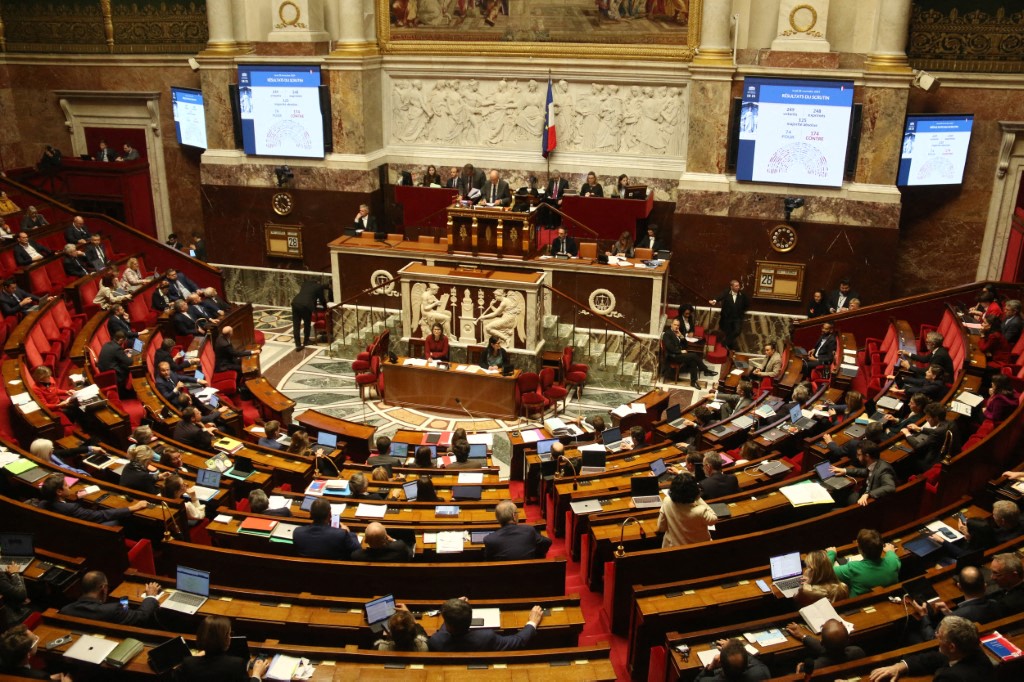Has François Bayrou found his "Immunity Totem" for himself and his Government?
Centrist leader François Bayrou is at the forefront of the contentious pension reform debate—a topic the far left seeks to abolish entirely. Responsibility has never been his strong suit, nor has a grasp of economic realities.
The pension reform issue is gaining momentum. The Prime Minister aims to make it the cornerstone of his policy, hoping to win over the Republican Left in the National Assembly. The plan is strategic and methodical, unfolding in calculated steps.
Step 1: Deploy the Minister of Labor
The Minister of Labor, Astrid Panosyan-Bouvet, has been tasked with taking center stage in the media. Her mission? To emphasize the government’s readiness for an "unrestricted yet condition-free discussion" about pension reform.
Step 2: Focus on Fair Adjustments
Panosyan-Bouvet has been instructed to stress the importance of "fair and reasonable adjustments," particularly regarding physically demanding careers. Her talking points are straightforward and designed for broad public appeal: "There’s room for progress on issues of strenuous work and women’s careers... These are the topics we need to put on the table." And so, the table is set.
The Big Reveal: January 14
The most critical announcements will come on January 14, during François Bayrou's general policy declaration. A final statement from the Labor Minister hints—teasingly—that the Prime Minister will deliver the "necessary announcements" then. But will it be enough to placate the Socialist Party?
For the Socialists, the outright repeal of the pension reform—once a central promise of the New Popular Front’s agenda—now seems off the table. Instead, they’ve shifted to demanding a "suspension" to organize a "future funding conference" for the pension system. "We’ve made overtures... We’re trying to pull this country out of crisis," claims Socialist leader Olivier Faure.
The Shadow of Deficits and Fiscal Realities
The economic stakes are high. François Hollande’s infamous phrase, "It costs nothing; the state pays for it," lingers as a reminder of past missteps. Abolishing the reform would deepen the deficit, projected to hit €15 billion by 2030, with at least €4 billion in 2025 alone. Meanwhile, the annual budget deficit already exceeds €180 billion. Taxpayers are unwilling to foot the bill for decades of fiscal mismanagement by overzealous public servants.
Finance Minister Éric Lombard defends the €50 billion in budget cuts as "savings," insisting there won’t be additional tax hikes beyond those already planned by the Barnier government. But the reality remains: it’s taxpayers who will ultimately pay.
A System Under Threat
France’s pay-as-you-go pension system is at risk. Who among France’s political elite dares to introduce the idea of partial capitalization as part of the solution? In the land of Rousseau and Voltaire, the search continues for a brave leader willing to safeguard the future of this "dear and old country," as General de Gaulle so poignantly described it.
Please post your comments on:
[email protected]
 Politics
Politics













